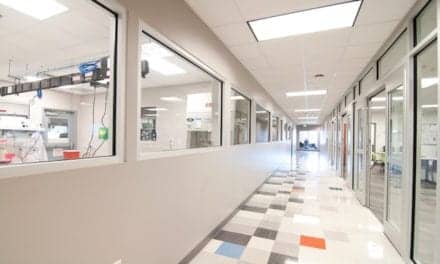With passage of the Protecting Access to Medicare Act of 2014 (PAMA), Congress changed the way that Medicare determines reimbursement rates under its clinical laboratory fee schedule (CLFS). Implementation of PAMA has led to significant cuts for a majority of the routine tests that physicians use every day to care for their patients. For many routine laboratory tests, a 10% cut has already been implemented; an additional 10% cut is planned for 2019.
The physician community has become increasingly concerned about how such cuts in Medicare payment rates will affect patient access to critical, rapid clinical laboratory services offered to patients while they are receiving medical care in their physician’s office. Such near-patient testing services are invaluable for the diagnosis and treatment of acute care illnesses and effective chronic disease management.
Laboratory accreditation organization COLA, Columbia, Md, is now conducting an impact survey to better understand how cuts in the CLFS are affecting laboratory services. COLA invites interested laboratories to respond to this vital survey, the results of which will be shared with policymakers in Washington, DC. The survey can be accessed online via www.nearpatienttestingmatters.org/clinical-lab-fee-schedule-for-medicare.
COLA accredits nearly 8,000 medical laboratories and provides clinical laboratories with a program of education, consultation, and accreditation. The organization is an independent, nonprofit accreditor whose education program and standards enable clinical laboratories and staff to meet regulatory requirements, including those of the Clinical Laboratory Improvement Amendments of 1988. COLA is recognized by the Centers for Medicare and Medicaid Services as a deemed accrediting organization. COLA’s program is endorsed by the American Academy of Family Physicians, the American College of Physicians, and the American Medical Association, and is also recognized by the Joint Commission.
The new survey is part of a broader effort led by COLA to make visible the importance of near-patient testing to patient care. A previous national practice survey conducted by COLA found that 89% of respondents believe elderly patients would be at risk of more serious health issues if they were no longer able to receive clinical laboratory services. For more information on that survey and the impact of CLFS cuts, visit www.nearpatienttestingmatters.org.





